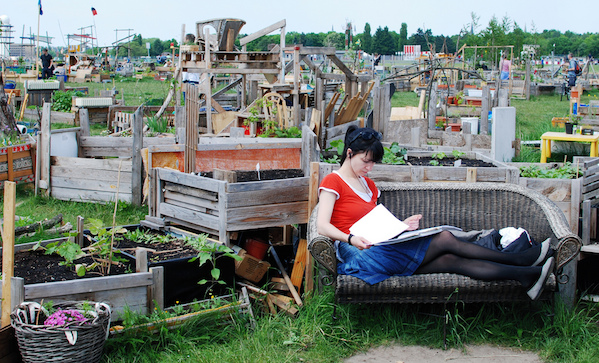So, Canada Reads starts today (and goes until Thursday), and since we at DailyXY strive to be both gentlemen and scholars, we decided to read all five books and tell you what we thought. Actually, Robson was the only one who did that, but he won’t shut up about it, so here are his reviews once more. Also, you can tune into Canada Reads at 10AM ET on CBC Radio, on CBC TV at 4PM local, or online, like someone under thirty-five.
The Orenda, Joseph Boyden
“Joseph Boyden’s The Orenda restores people to their place. In what is now Ontario and Quebec during the Beaver Wars of early seventeenth century, The Orenda is narrated by a Huron war leader named Bird, his adopted Iroquois daughter Snow Falls, and a French missionary named Christophe. However, the story amends and clarifies some of our understanding of the history that led to Canada, and my preceding sentence needs to be similarly amended and clarified.”
Annabel, Kathleen Winter
“Obviously, tensions between masculinity and femininity play a major role in Annabel—Wayne doesn’t know his own secret for much of his life, but he does know that he isn’t quite like other boys, so much so that he’s happy to be called Annabel by Thomasina, after her deceased daughter. Wayne’s impulse towards things unsuitable to Labrador men—synchronized swimming, drapery, and Florentine bridges—causes Treadway no end of anxiety, and her household’s unhappiness causes Jacinta’s carefully maintained order to slowly fray.”
Half-Blood Blues, Esti Edugyan
“Essential and immediate is exactly what Half-Blood Blues feels like. It’s the sort of book you pick up and accidentally read all in one sitting, a low-frequency hum of tension driving you all the way. In fact, it reads a bit like Down and Out in Paris and London; just replace London with Berlin, move it forward to 1939-40, and replace George Orwell and friends with a posse of black jazz musicians hoping to cut a record in trying circumstances. Part of the book’s magic is that Edugyan takes us in the direction of well-trod territory, but veers off to someplace new. It doesn’t matter how many novels and films you’ve seen about the Nazi rise or the occupation of Paris—Half-Blood Blues makes it fresh.”
Cockroach, Rawi Hage
“And Cockroach very easily could have been a melancholy book. The titular cockroach is a Middle Eastern man stuck in a shrink’s office by court order after a botched suicide attempt. He isn’t sad; he’s duplicitous, goatish, and an unapologetic (and talented) thief with a tragic past, but he isn’t sad. He also isn’t introspective, nor is he coming to terms with things, despite the efforts of his shrink. He is, in fact, a shithead—but a loveable one.”
The Year of the Flood, Margaret Atwood
“The Year of the Flood follows mankind’s slouch towards the end through two reluctant members of a green spiritualist resistance (Oryx and Crake gives you the corporate, engineered inside story). In doing so, both books join the short list of apocalyptic literature worth reading, largely because the characters we’re following (Toby, a tough but pensive survivor of a woman holed up in a spa, and Ren, a wounded exotic dancer) are complex but ordinary. They have a special vantage point when it comes to watching events unfold, but they aren’t great heroes, idealists, or iconoclasts. They’re surviving, before and after the flood, perhaps not unlike most of us.”
___
Photo courtesy of Claudio Cicali.


